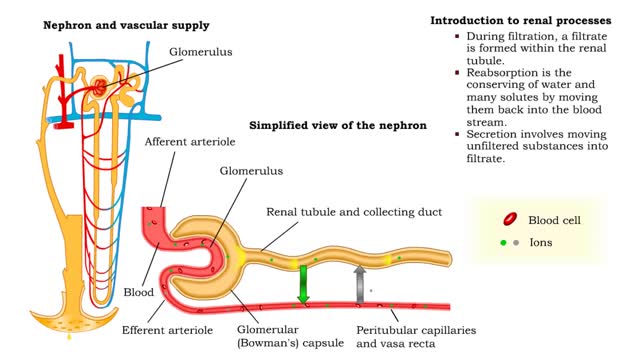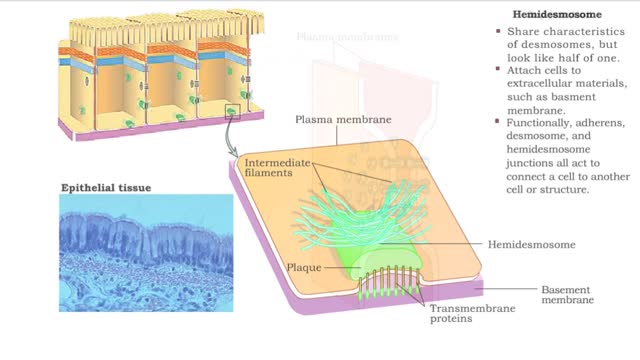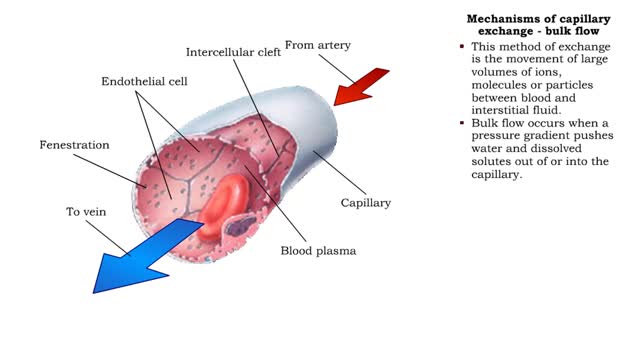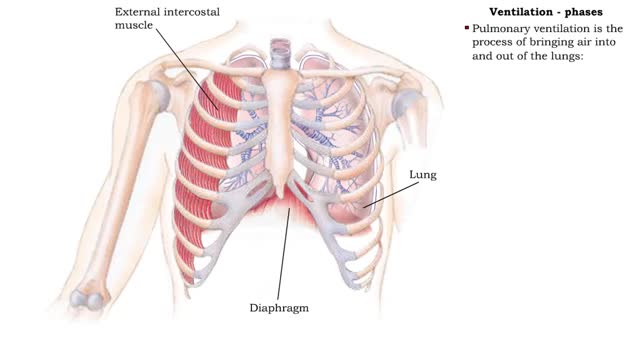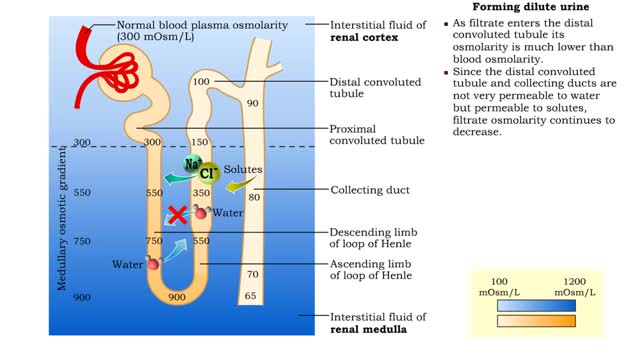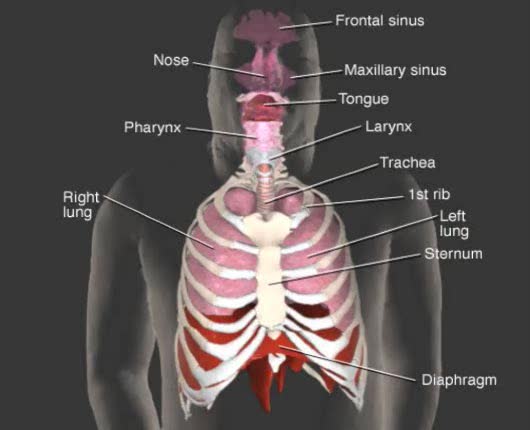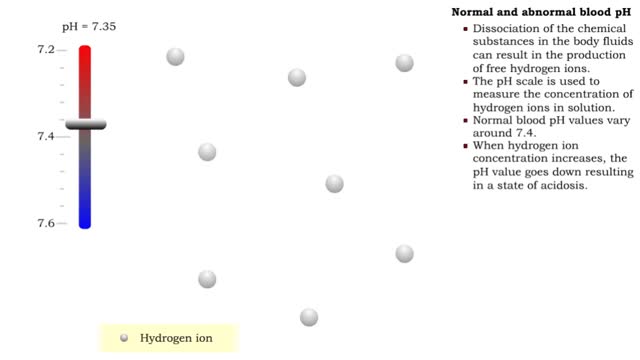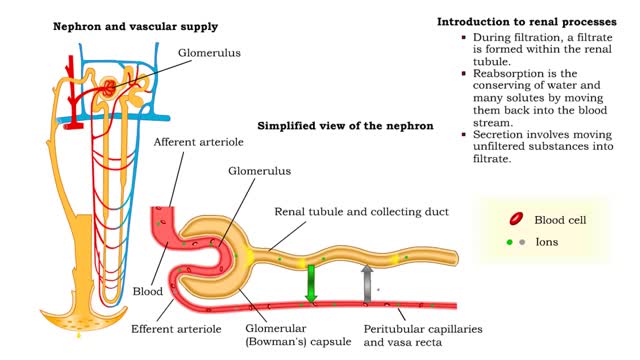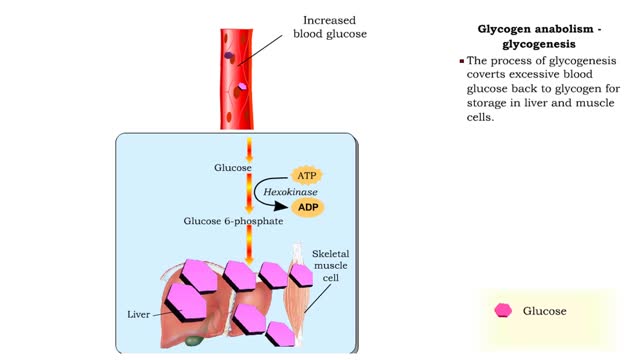Search Results
Results for: 'negative blood type women'
Introduction to filtration - filtrate formation and composition
By: HWC, Views: 11181
• At the nephron, the three process responsible for the formation of urine include: • Glomerular filtration. • Tubular reabsorption. • Tubular secretion. • During filtration, a filtrate is formed within the renal tubule. • Reabsorption is the conserving of water and many s...
Type of Cell Junctions - Desmosome, Hemidesmosomes and Gap Junctions
By: HWC, Views: 11364
Cell Junctions: Cell junctions are found in some multi-cellular organisms. They exist of complexes and are found between cells and between cells and other structures. The junctions provide a way for cells to connect and exchange signals. What are tight junctions, desmosomes, and gap junctions...
Mechanisms of capillary exchange (transcytosis & bulk flow)
By: HWC, Views: 10725
■ This method of capillary exchange is mainly used to transport small amounts of large, lipid-insoluble (water soluble) molecules, such as large proteins. ■ Substances, packaged in vesicles, move through endothelial cells via endocytosis and exocytosis. ■ This method of exchange is th...
Ventilation - phases and driving forces
By: HWC, Views: 11166
Respiration is the exchange of gases between the atmosphere, blood, and cells The combination of 3 processes is required for respiration to occur Ventilation (breathing) External (pulmonary) respiration Internal (tissue) respiration The cardiovascular system assists the respiratory system b...
Forming urine ( influencing factors), Forming dilute urine & Forming concentrated urine
By: HWC, Views: 11516
• The amount of urine produced by the nephron depends on : • Body fluid volume. • Body fluid composition. • Dilute urine is formed when the body is normally hydrated. • The medullary osmotic gradient determines the osmolarity of the filtrate. • Filtrate osmolarity increase...
By: Administrator, Views: 487
Respiratory system: nose pharynx larynx trachea bronchi lungs Respiratory system’s primary function: Furnish oxygen (O2) for use by individual tissue cells and take away their gaseous waste product, carbon dioxide (CO2), through act of respiration. External respiration Lungs are vent...
By: HWC, Views: 11103
• Dissociation of the chemical substances in the body fluids can result in the production of free hydrogen ions. • The pH scale is used to measure the concentration of hydrogen ions in solution. • Normal blood pH values vary around 7.4. • When hydrogen ion concentration increases, t...
Carbohydrate Metabolism: Introduction to renal processes and filtrate formation and composition
By: HWC, Views: 11192
• At the nephron, the three process responsible for the formation of urine include: • Glomerular filtration. • Tubular reabsorption. • Tubular secretion. • During filtration, a filtrate is formed within the renal tubule. • Reabsorption is the conserving of water and many s...
Glucose anabolism reactions: Glycogenolysis and Gluconeogenesis
By: HWC, Views: 11392
• Glucose not needed immediately is stored as glycogen. The process that creates it is glycogenesis. • When ATP is needed for body activities, stored glycogen is broken down by a process called glycogenolysis. • Glucose can be formed through two different anabolic reactions: • Glycog...
Advertisement



